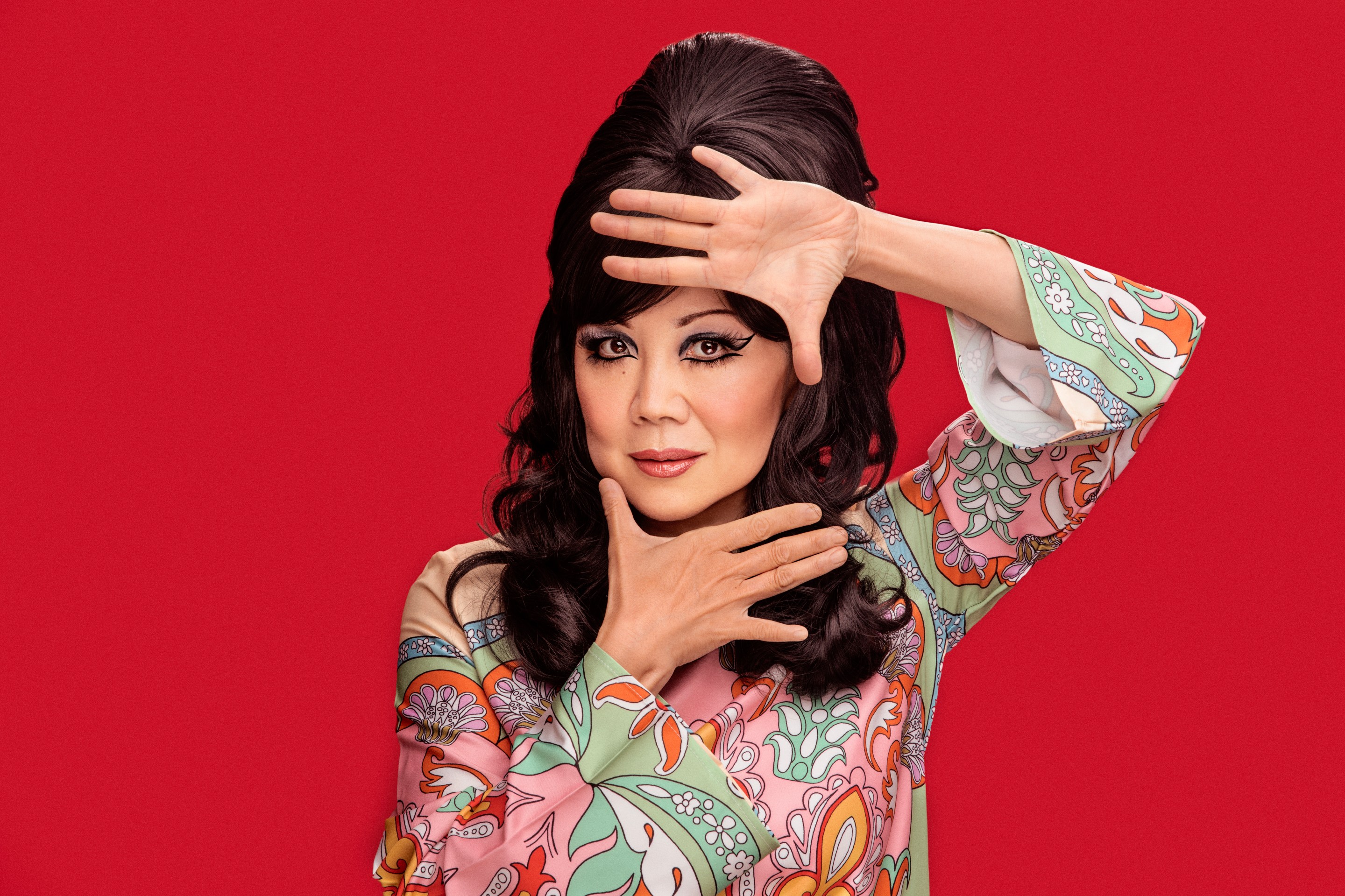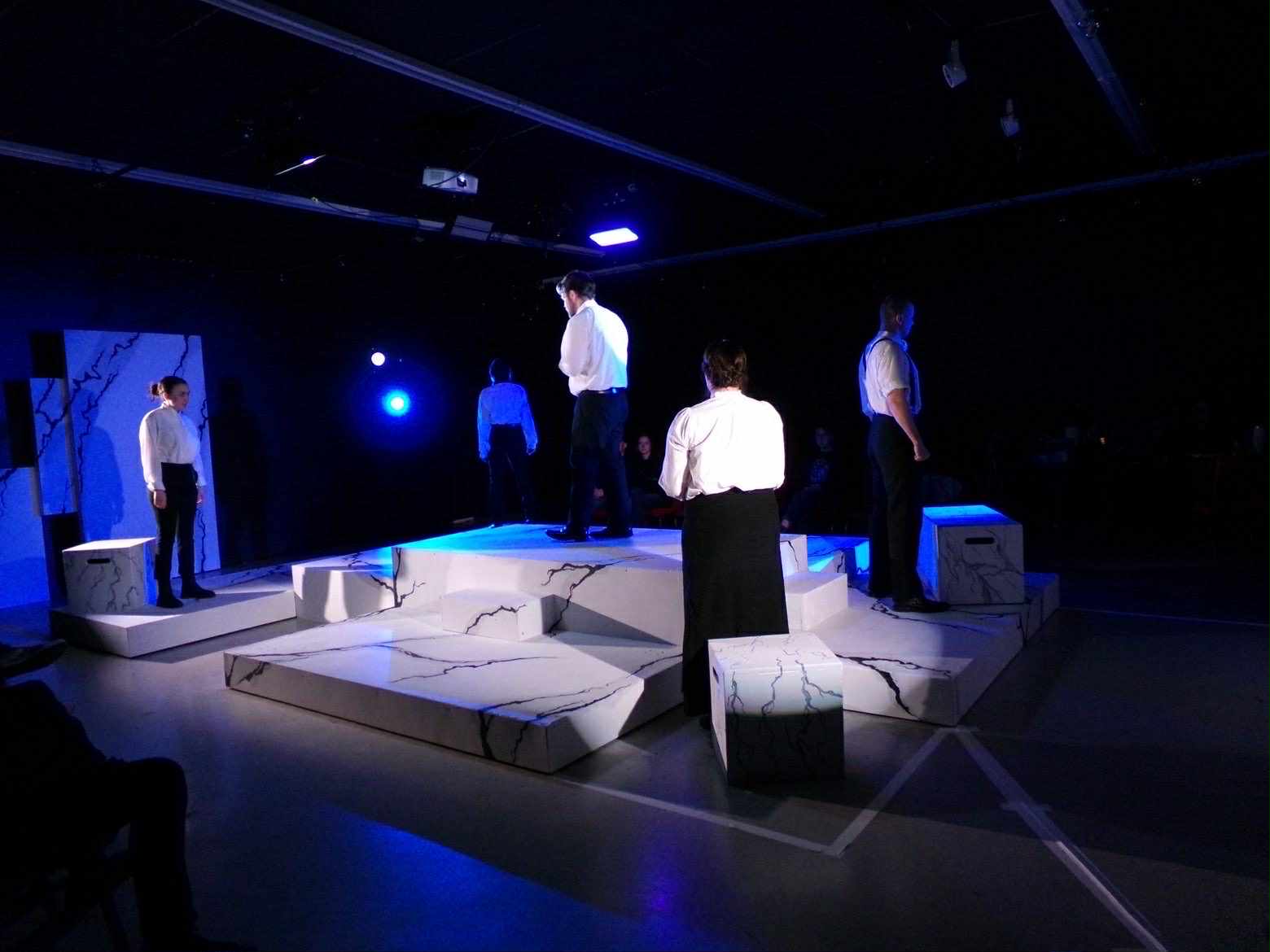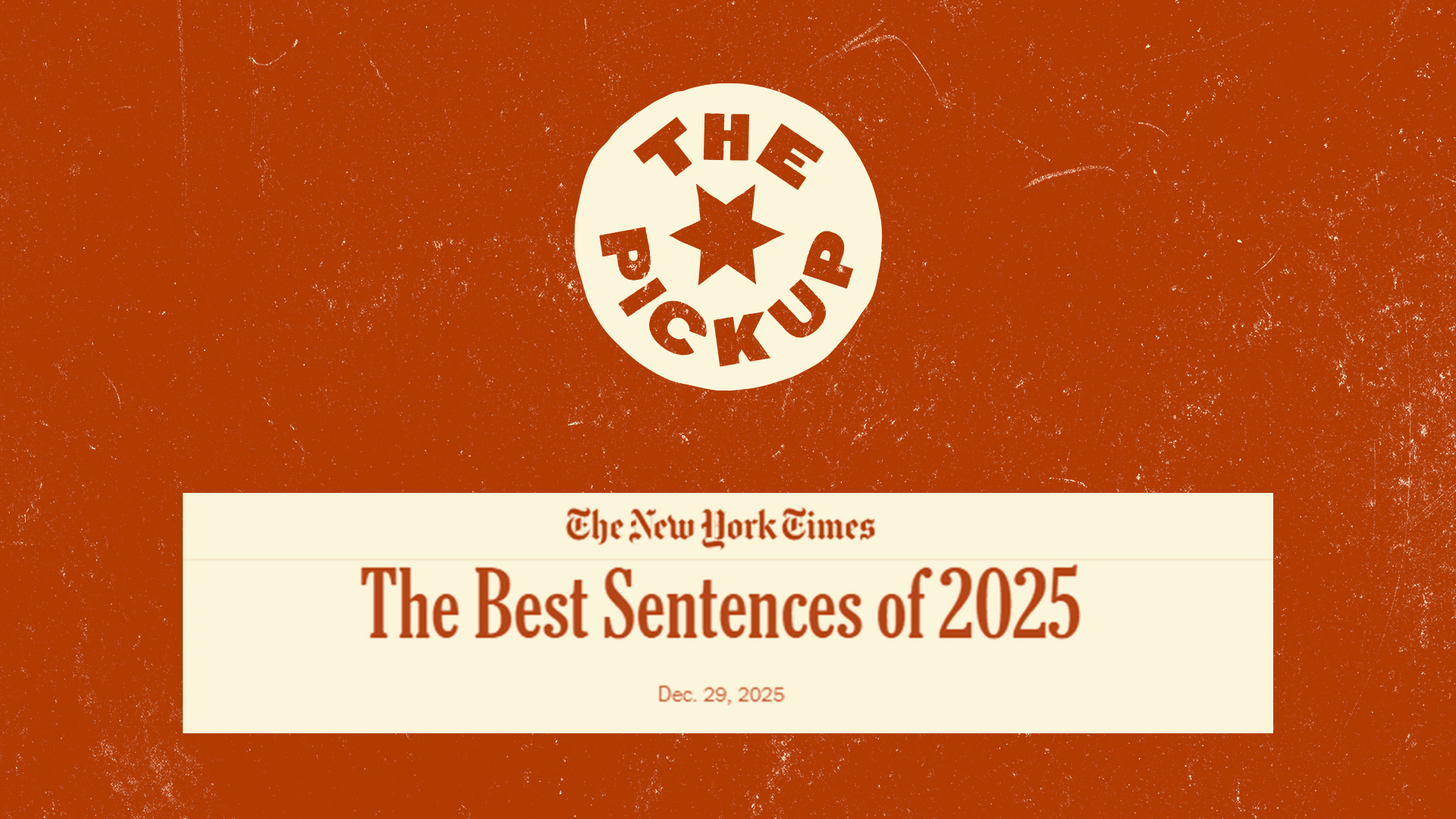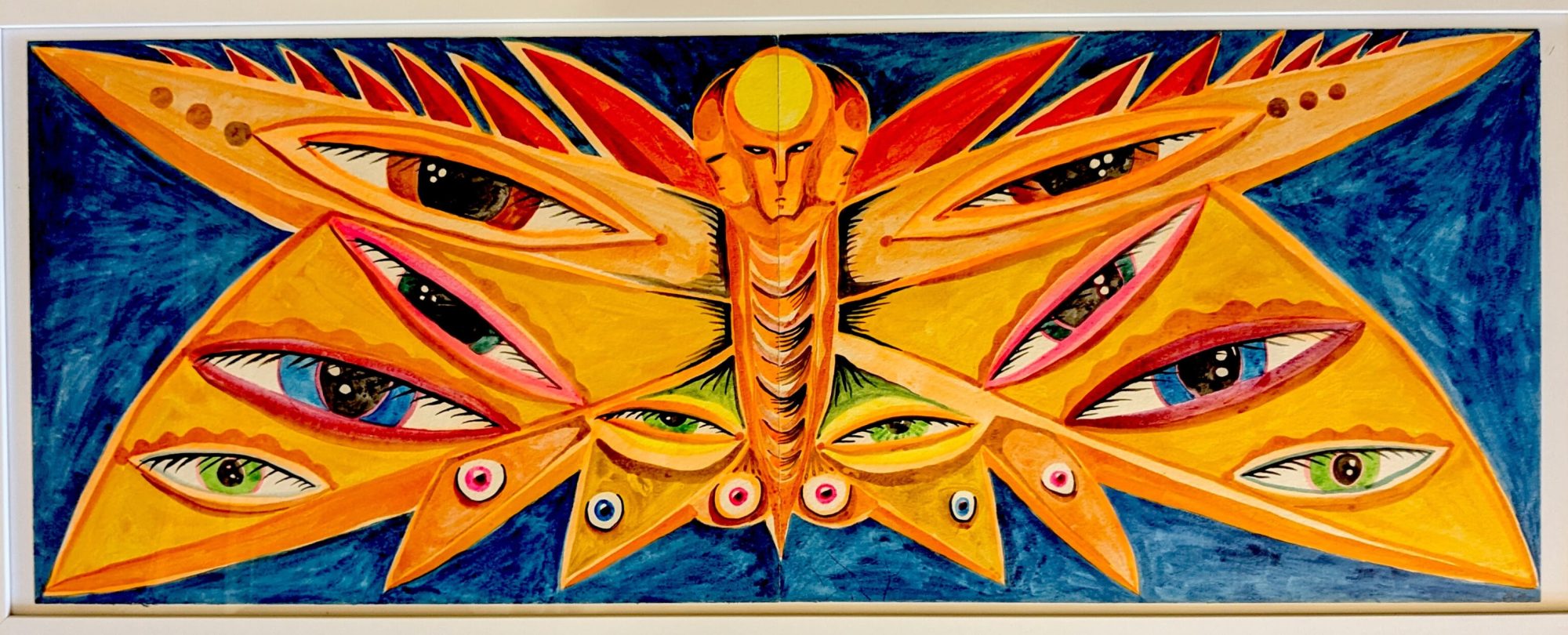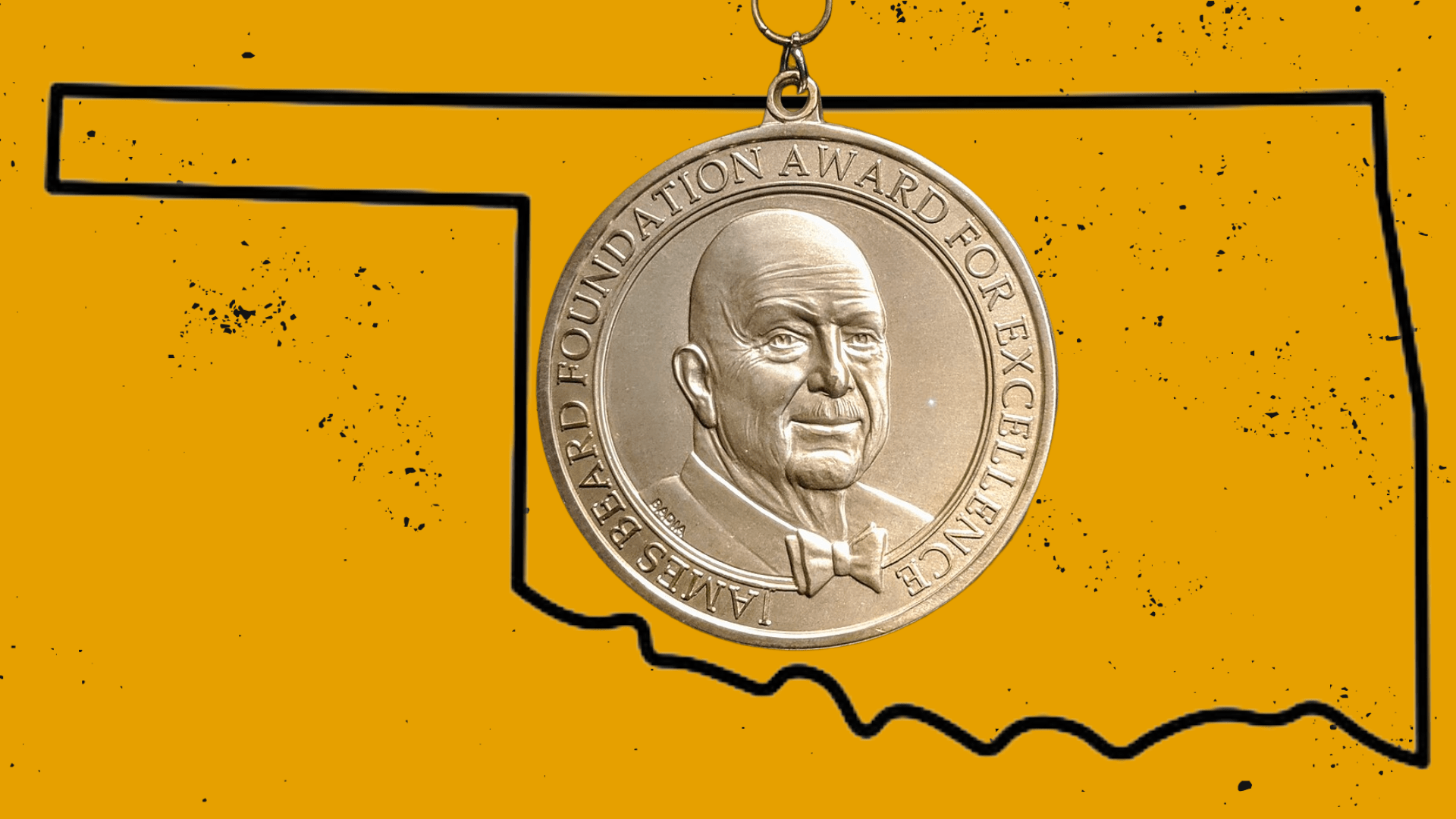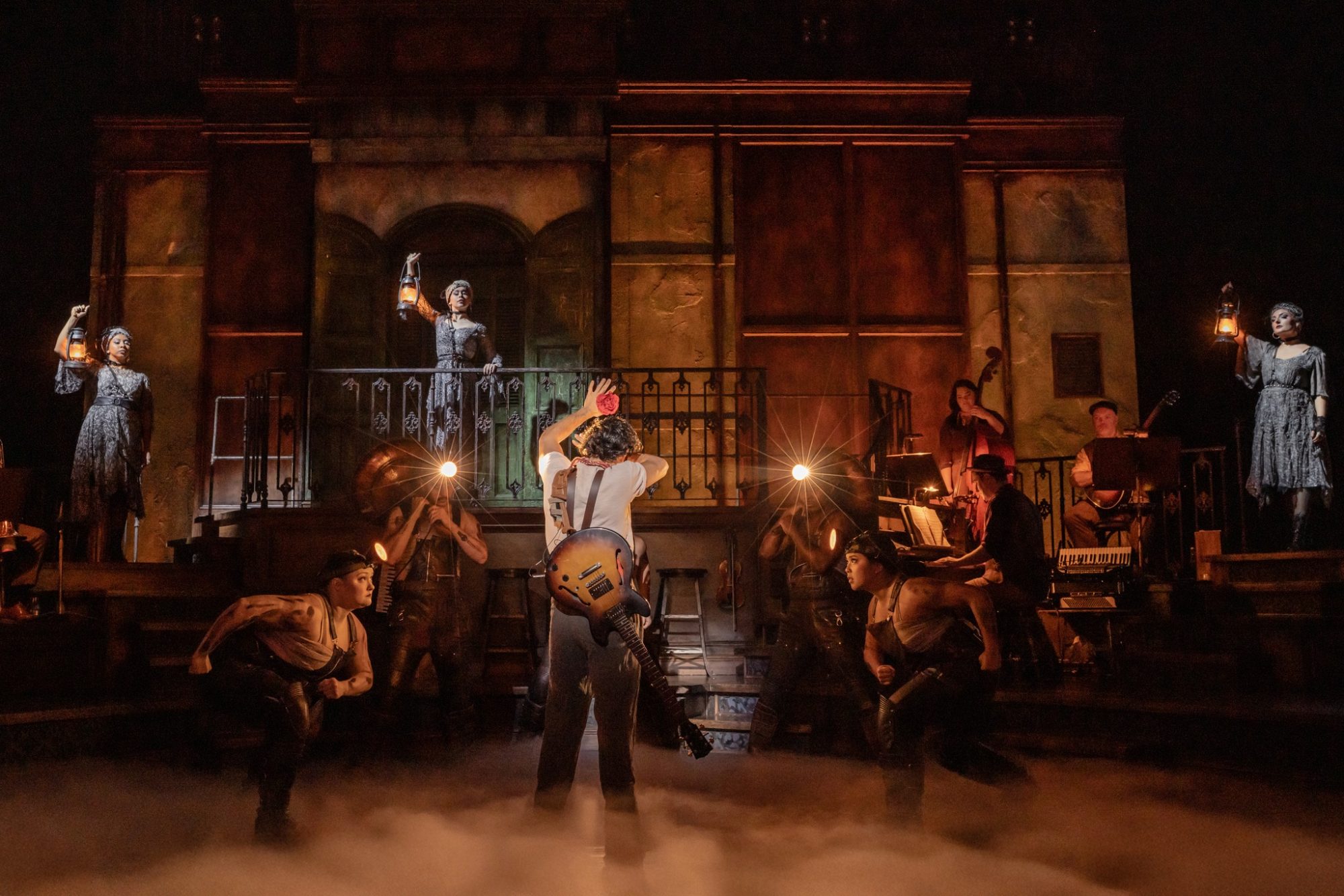Margaret Cho, a San Francisco native born to two Korean immigrant parents, started her professional standup comedy career 42 years ago by lying to Jerry Seinfeld, and in subsequent years caught the eye of Bob Hope, Joan Rivers, the late Robin Williams and legions of other young comedy hopefuls, including—and especially—third culture funny kids wondering if they’d ever see someone who looked like them on television. She’s been nominated for Emmy and Grammy Awards and has received the First Amendment Award from the ACLU of Southern California, as well as being honored by GLAAD, PFLAG and other organizations for her outspokenness about racism, bullying and gay rights. In February, she released a new album of original, non-comedic music, Lucky Gift, which features tributes to Williams and Owasso teen Nex Benedict.
Cho will perform at 8pm Wednesday at Cain’s Ballroom as part of her “Live & Livid” comedy tour. Presented by Twisted Arts, the show will raise funds for Girls Rock! Tulsa, a program meant to empower young girls and gender-diverse youth to find their voices through music and art. I spoke with her via Zoom ahead of her trip to Tulsa.
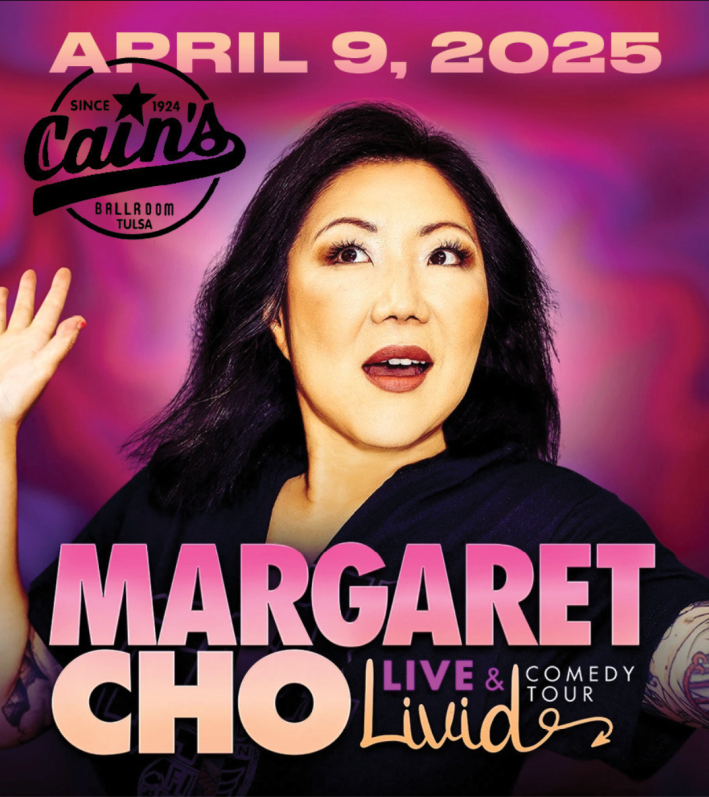
Becky Carman: You've talked about Joan Rivers telling you that funny girls grow in power and value as you age. Is this your most powerful era?
Margaret Cho: I think so. It's really been amazing growing older in this profession. I've really come to enjoy it too. So I think that her words were very prophetic and also accurate.
Carman: This is a very unfunny time to be sensitive and alive, especially in America. Can you talk about laughter or comedy as resistance or activism? What is the value of getting onstage and doing comedy when it comes to talking about really tough things?
Cho: Well, right now, it's important to really have a voice and to have a stance. You have to take a stand. We're dealing with an incredibly racist, sexist, homophobic, classist system that is so incompetent as well. It's not just that their values are corrupt; they're not even good at it. So it's just an insane time. I’ve found out through this how much of a patriot I really am, which is kind of a shock, but I am. I think this is the only country where I could come from, be a child of immigrants with my parents coming here in 1964, and have had a real important impact on American society as a Korean-American, queer woman in an industry that does not necessarily welcome me. So it's amazing what I've been able to do, and I want to be able to keep doing it. Now more than ever, our voices are really essential.
These are the richest people in the world, and the one thing they can't afford is jokes at their expense. And we have to make them pay and pay and pay and pay. They’re trying to take away our freedom and our Americanness. They're taking away Americanness at its core also just by turning the rest of the world against us, which is such a nightmare. So there's a lot to do. It's a very terrible time, worse than I imagined, and I imagined it would be pretty bad. I actually never thought this was going to happen. I truly believed Kamala Harris was going to win. I really did. I really wanted it, and I thought it was going to happen, and it's worse than I thought.
Also just for comfort, I think people really look to comedians for answers. That's what I do. I've certainly been glued to The Daily Show and to late-night comedians. I think they offer me a lot of sanity and support.
Carman: Basically every intro I've seen to every interview someone does with you, they call you a trailblazer. Did you know you were blazing a trail?
Cho: Yeah, I didn't know about it. I mean, I just really wanted to do it, and I didn't know there was anything that was stopping me. There was nobody else doing it like me, but I knew that was what my life was going to be. I knew that this was supposed to be my job. And I think with standup comedy, it's important because not everybody can do it. So there is a real value in people that can do it and do it well. So I found a way to insert myself into an industry [where] there wasn't any precedent. But I never thought about being a pioneer or any of that. I just really enjoyed my work, and so I'm really grateful that I was able to just do what I was able to do.
Carman: I’m 41 (and Korean-American), and you are the first reason that I registered the concept of representation in media. Do you remember the first time that media representation for Asian-American people occurred to you?
Cho: It was very specific for me: Ali Wong. Seeing another Asian-American woman doing comedy. It was in a very crass, on-her-own-terms way that was powerful and loud and unapologetic and revolutionary to me. It really was Ali Wong, the first moment where I thought, I can actually sit back and watch somebody do this, and I felt seen and heard, and it was really an honor. So she's somebody that followed me closely and got that from me, and I was able to get that in return from her.
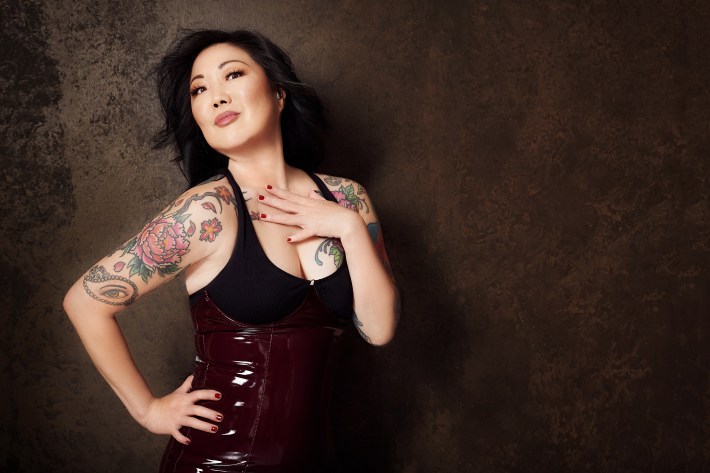
Carman: You are known for talking about Asian-American culture and queerness and politics on a really big platform. Is there anything taboo to you?
Cho: I don't think so anymore because we're dealing with … I mean, it's more than crooked. It's just an administration. It's an establishment. It's not just Trump. It's everybody on down, including the news outlets, including the way that the pundits talk. The way that people talk nowadays is so undignified and so ruthless to get their point across. I think one of the problems with being a progressive is that we are so polite. We are so unwilling to hit below the belt, and we are so unwilling to be ruthless, and I'm really done with that. So now I don't think there's anything that I would hesitate to say, because they have not hesitated at all.
I have a sensitivity around experiences that I don't have. I don’t want to speak on Blackness, and I don’t want to speak on transness. I can't speak for what it's like to be in that community. I can speak to queerness, and I can speak to Asianness, but I can't speak to those specific relationships. But I do want to defend them and talk about them in the way that aligns us together. Any experience that I don't feel like I have is an experience I can’t talk about, with the exception of straight, cis, white men. I can talk about them all day because I know exactly what they do because I've been indoctrinated to feel and understand and empathize with their condition.
Carman: “Governor Hot Wheels” is what made me think of that question.
Cho: Totally, [Greg Abbott is] such an asshole too. He's such an asshole. He's actually the worst. He should not be above derision just because of a disability, and if we're going to talk about disabilities, Trump was making fun of people with disabilities before he was even president. That was one of the first strikes against him.
The right want to reclaim slurs. They think that's somehow freedom. Their freedom of speech includes slurs. That's what they think is the best use of that incredible privilege. I don't think that any sort of decorum has served us on the left, so we have to just go low; they're so ruthless and liars and don't seem to be penalized for their lies or perjury or anything.
Carman: Switching gears here to talk about your record … with this record more than your others, it seems like this is an outlet for you to express things without the pressure of being funny.
Cho: Yeah. And also to express it sonically without words too, that it's told in notes and instrumentation and vocalization. For me, it's a space to talk without talking, which is really cool.
Carman: So between acting and music and comedy and podcasts and one-woman shows, is there a medium at this point in your career where you're most comfortable or most satisfied?
Cho: It's always standup comedy. It’s the one thing that I do the most, and it's the one thing that I really enjoy, and the alignment of all of my work is towards that. I mean, I love to do everything else. I love making music, and I love making movies and TV shows, and all of that stuff is important. But standup comedy is what sustains me. It's what's really satisfying, and, for me, it’s really vital and alive and important right now. The fact that standup comedians are now just the one voice of reason to look to—I think now more than ever, people rely on comedy to just get a dose of sanity.
